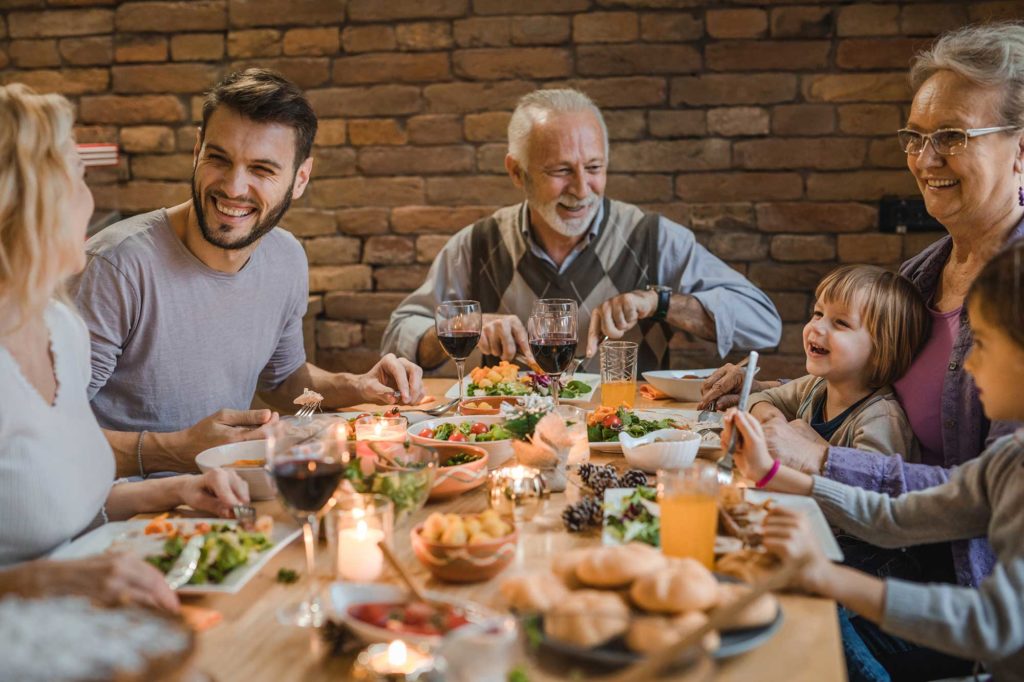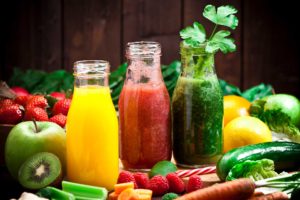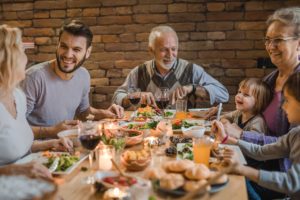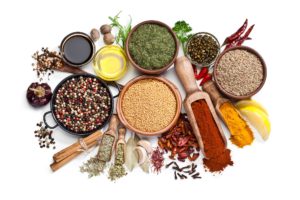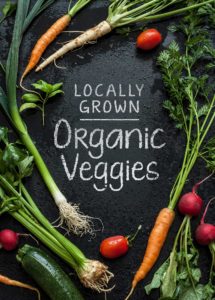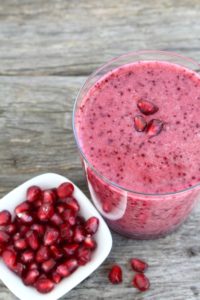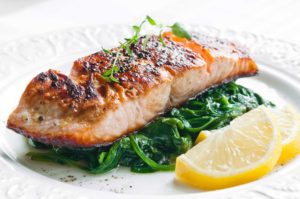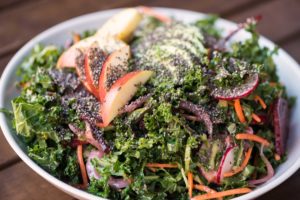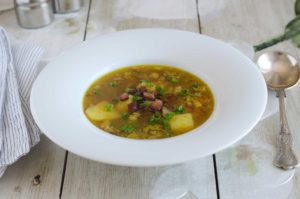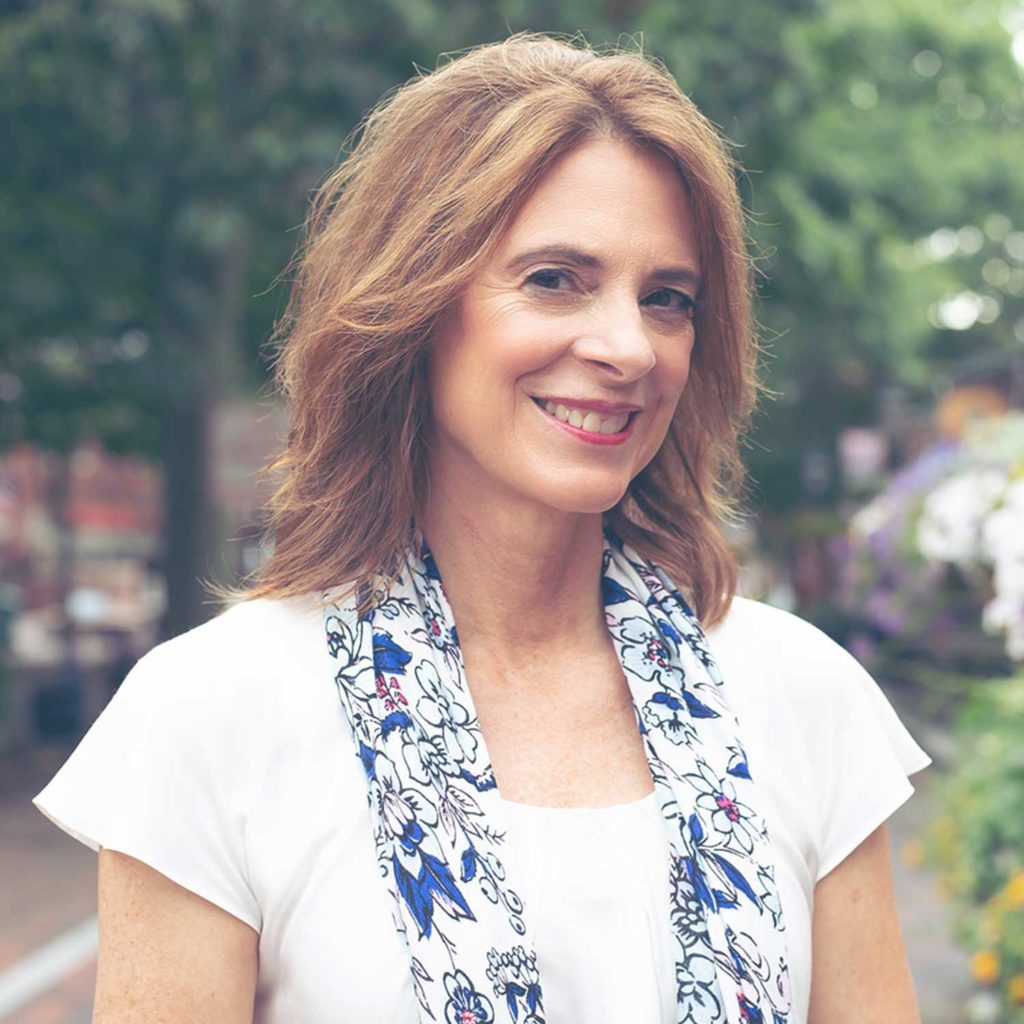Kelly Turner, PHD founder of the Radical Remission Project studies people who have experienced what she call “radical remissions” from cancer. She began to investigate cases of unexpected remissions after reading a book that described a case of “spontaneous healing”. Her interest in this topic led to a PhD and a year traveling around the world to meet and learn from alternative cancer healers. She interviewed over a thousand people who had experienced “spontaneous” remissions from their advanced cancers.
She discovered that there was nothing spontaneous about these remissions. These people actively participated in their cure by making significant lifestyle changes. She does not refer to their cures as “spontaneous” and prefers the term “radical remission” to describe these remarkable cures. She shares her observations in her book, Radical Remission : The Nine Key Factors That Can Make a Real Difference.
What is a Radical Remission of Cancer?
Kelly defines Radical Remission as any cancer remission that is statistically unexpected and occurs whenever:
- A person’s cancer goes into remission without using any conventional medicine OR
- A cancer patient tries conventional medicine and the cancer does not go into remission; they then switch to alternative therapies and the cancer does go into remission OR
- A cancer patient uses conventional medicine and alternative therapies at the same time to attempt to outlive an expected poor prognosis (i.e., a cancer with less than 20 percent chance of a five-year survival).
The Nine Key Factors–and the 10th Factor that did not make the list
Kelly identified over seventy-five factors that cancer survivors used as part of their healing plan. Nine of the factors were employed by almost every one of them. They are:
- Radically changing your diet
- Taking control of your health
- Following your intuition
- Using herbs and supplements
- Releasing suppressed emotions
- Increasing positive emotions
- Embracing social support
- Deepening your spiritual connection
- Having strong reasons for living
It is interesting that only two of these factors are physical, diet and supplements. The diets employed were primarily plant-based, whether they were vegan or ketogenic diet, they consumed 50% of their food as vegetables and fruit.
The other factors were related to stress, emotions and connections. The 10th factor is exercise which did not make the list because many of the survivors were very sick and unable to exercise at the beginning, most of them are exercising


